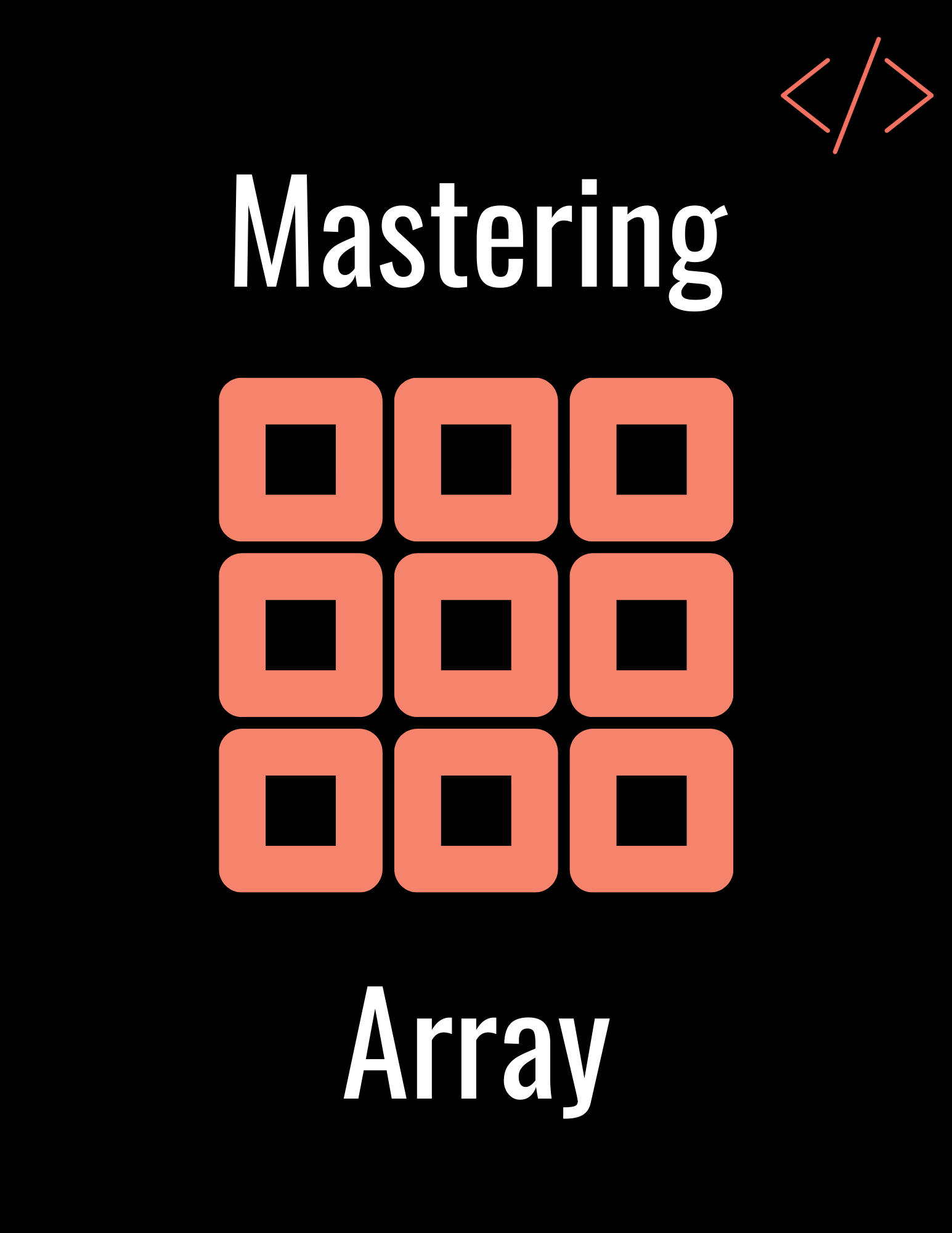Question
A Prime-Adam integer is a positive integer (without leading zeroes) which is a prime as well as an Adam number.
Prime number: A number which has only two factors, i.e. 1 and the number itself. Example: 2, 3, 5, 7, etc.
Adam number: The square of a number and the square of its reverse are reverse to each other. Example: If n = 13 and reverse of ‘n’ is 31, then, 132 = 169, and 312 = 961 which is reverse of 169. Thus, 13 is an Adam number.
Accept two positive integers m and n, where m is less than n as user input. Display all Prime-Adam integers that are in the range between m and n (both inclusive) and output them along with the frequency, in the format given below:
Test your program with the following data and some random data:
Example 1:
INPUT:
m = 5
n = 100
OUTPUT:
The Prime-Adam integers are:
11, 13, 31
Frequency of Prime-Adam integers is: 3
Example 2:
INPUT:
m = 100
n = 200
OUTPUT:
The Prime-Adam integers are:
101, 103, 113
Frequency of Prime-Adam integers is: 3
Example 3:
INPUT:
m = 50
n = 70
OUTPUT:
The Prime-Adam integers are:
NIL
Frequency of Prime-Adam integers is: 0
Example 4:
INPUT:
m = 700
n = 450
OUTPUT:
Invalid Input.
Share code with your friends
Share on whatsapp
Share on facebook
Share on twitter
Share on telegram
Code
import java.util.Scanner;
public class PrimeAdam
{
public static boolean isPrime(int n)
{
int frequencyOfFactors = 0;
for(int i = 1; i <= n; i++)
{
if(n % i == 0)
{
frequencyOfFactors++;
}
}
if(frequencyOfFactors==2)
{
return true;
}
else
{
return false;
}
}
public static int reverse(int n)
{
int rev = 0;
while(n>0)
{
rev=rev*10+(n%10);
n=n/10;
}
return rev;
}
public static void main(String args[])
{
int m=0,n=0,count=0,i=0,rev=0,s1=0,s2=0;
Scanner sc=new Scanner(System.in);
System.out.print("m = ");
m = sc.nextInt();
System.out.print("n = ");
n = sc.nextInt();
if(m >= n)
{
System.out.println("Invalid input.");
}
else
{
count = 0;
System.out.println("The Prime-Adam integers are:");
for(i = m; i <= n; i++)
{
if(isPrime(i))
{
rev = reverse(i);
s1 = i * i;
s2 = rev * rev;
if(reverse(s1) == s2)
{
if(count == 0)
{
System.out.print(i);
}
else
{
System.out.print(", " + i);
}
count++;
}
}
}
if(count == 0)
{
System.out.println("NIL");
}
else
{
System.out.println();
System.out.println("Frequency of Prime-Adam integers is: " + count);
}
}
}
}










